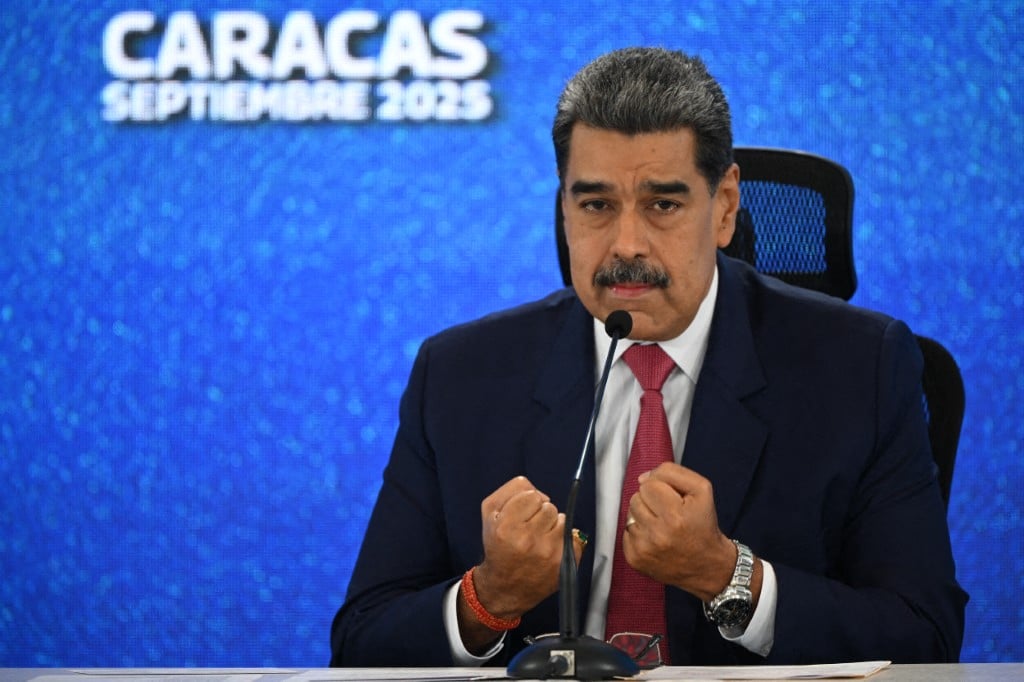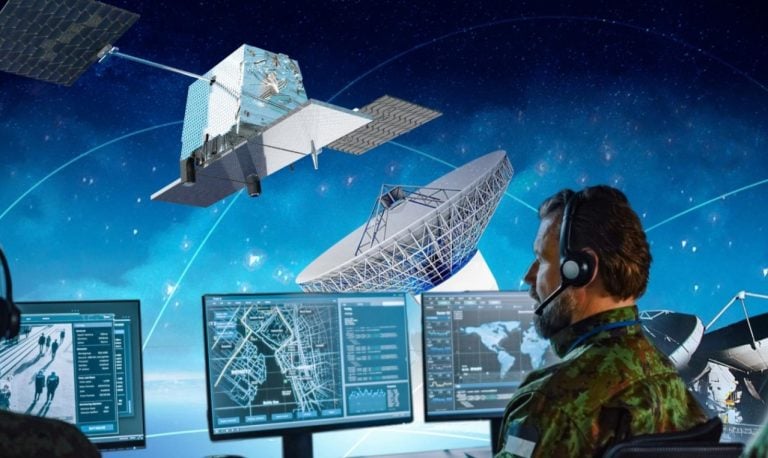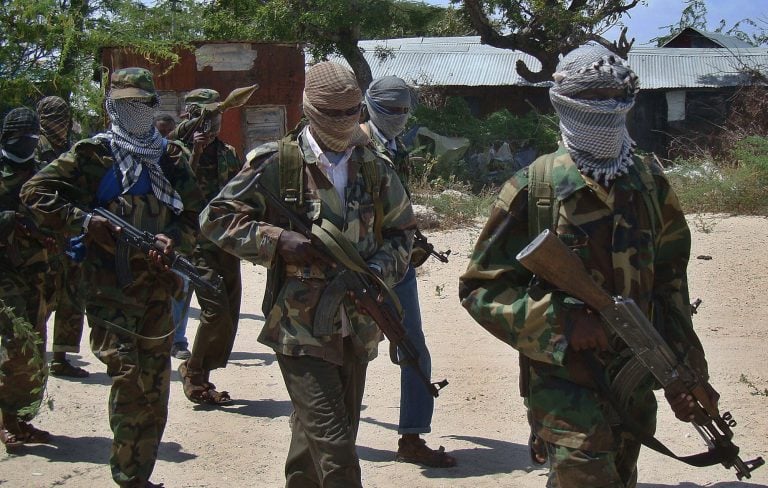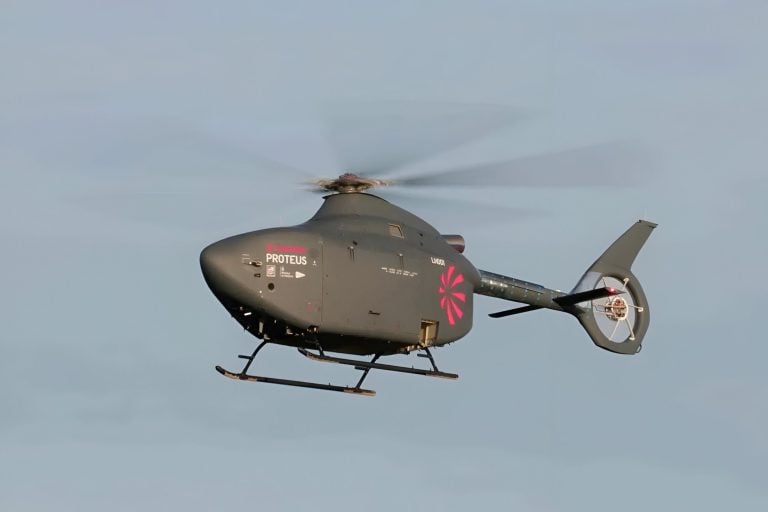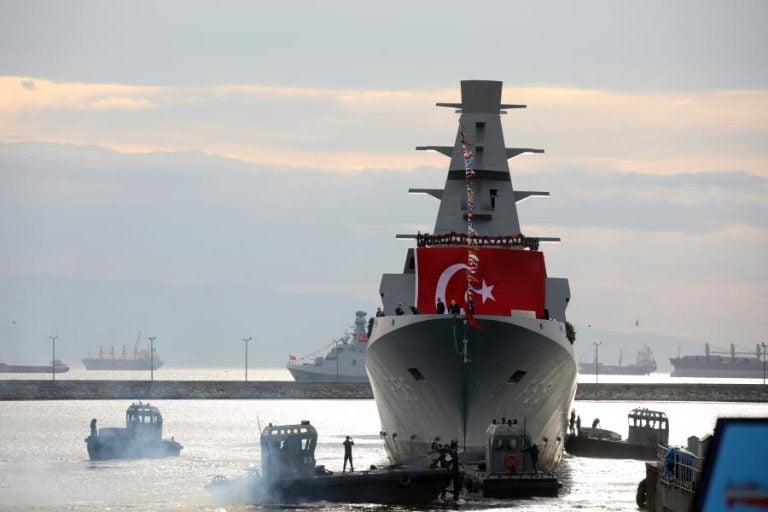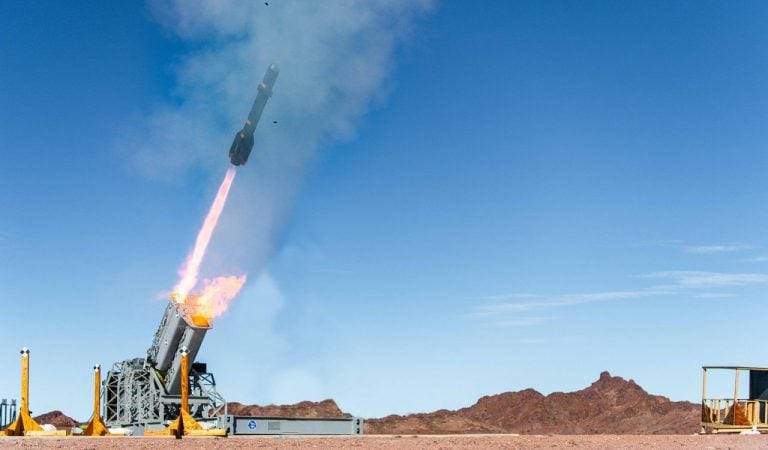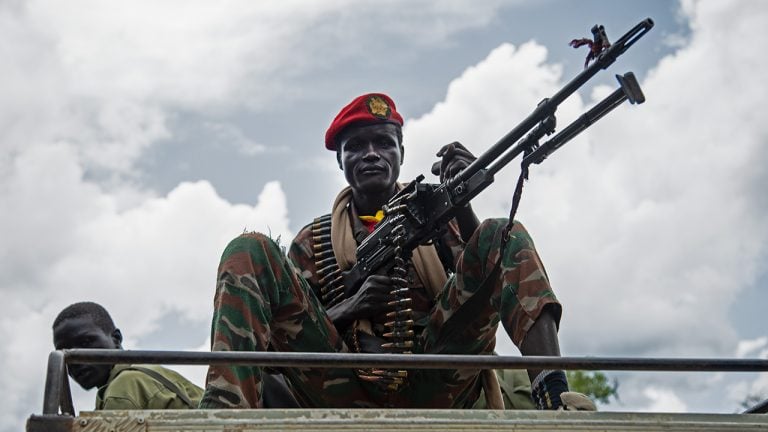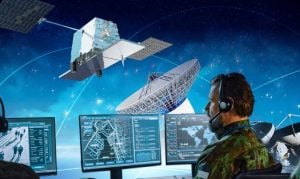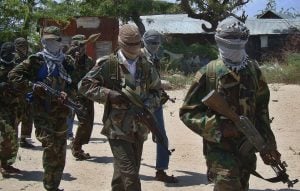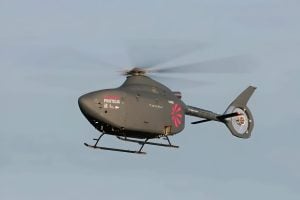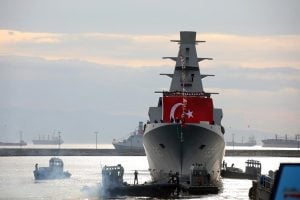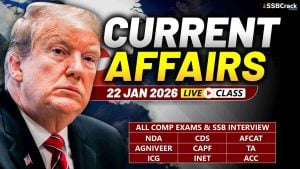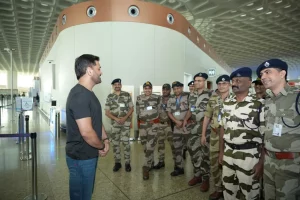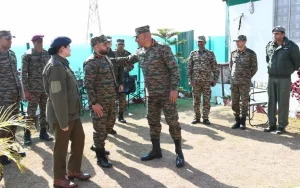Venezuela has firmly dismissed the recent designation by the United States labeling an alleged drug cartel operating within its borders as a foreign terrorist organization. Venezuelan officials have characterized the designation as a “ridiculous lie” designed to justify what they describe as an impending “illegitimate” military intervention.
Tensions have escalated amid reports of a significant US military buildup near Venezuelan territory, raising speculation about a potential plan by President Donald Trump to destabilize the current government led by Socialist leader Nicolás Maduro. Washington has accused Maduro of heading an organization purported to be involved in drug trafficking, known as the “Cartel de los Soles” or “Cartel of the Suns.”
In response to the US claims, Venezuela’s foreign ministry issued a statement condemning the designation as a continuation of what they see as conspiracy by US officials, specifically targeting Secretary of State Marco Rubio. The ministry emphasized that these accusations serve as a pretext for justifying military actions against Venezuela.
Meanwhile, the US military has been actively engaging with regional allies. On Tuesday, General Dan Caine, the chairman of the Joint Chiefs of Staff, is scheduled to visit Trinidad and Tobago, a nearby US ally that has recently hosted American troops for training exercises. The US embassy indicated that the visit will focus on “countering illicit trafficking and transnational criminal organizations,” as part of a broader initiative to exert maximum pressure on Maduro’s government.
Venezuelan President Maduro has remained defiant in the face of these challenges, asserting during public appearances that his nation will emerge victorious against any external pressures. “Whatever they do, wherever they do it, however they do it, they will not be able to defeat Venezuela. We are invincible,” he declared, echoing a sentiment of resilience during his weekly television broadcast.
The recent military actions by the US, which include the deployment of significant naval assets, are positioned as efforts to disrupt drug trafficking routes originating from Latin America. The Trump administration alleges that the “Cartel of the Suns,” which it associates with Maduro, earns substantial profits from these illicit activities. An extraordinary reward of $50 million has been offered for the capture of Maduro, further escalating the confrontational rhetoric between the two nations.
International experts have raised skepticism over the existence of such a cartel, suggesting that what the US refers to as the Cartel of the Suns might more accurately reflect the pervasive corruption within Venezuelan government ranks, where criminal organizations have allegedly co-opted senior officials.
Since September, US military operations have resulted in the deaths of at least 83 individuals aboard vessels suspected of drug trafficking. However, there has been no public disclosure of evidence confirming the presence of narcotics on these boats, raising concerns about the legality of the military strikes.
The new terrorism designation grants the US additional leverage to intensify pressure on Venezuelan leadership, but ambiguity regarding the Trump administration’s intentions looms over the situation. Some observers express worries that escalating military involvement may infringe upon legal boundaries.
In the wake of heightened tensions, six airlines recently announced the cancellation of flights to Venezuela, citing safety concerns. The US Federal Aviation Administration has also advised civilian aircraft to “exercise caution” when operating in Venezuelan airspace, pointing to an increasingly precarious security environment compounded by escalating military activities in the region.
